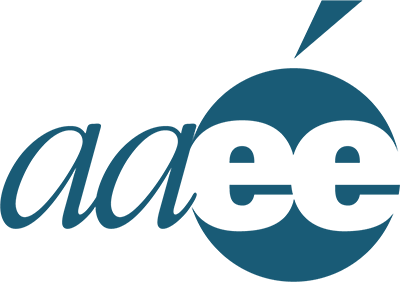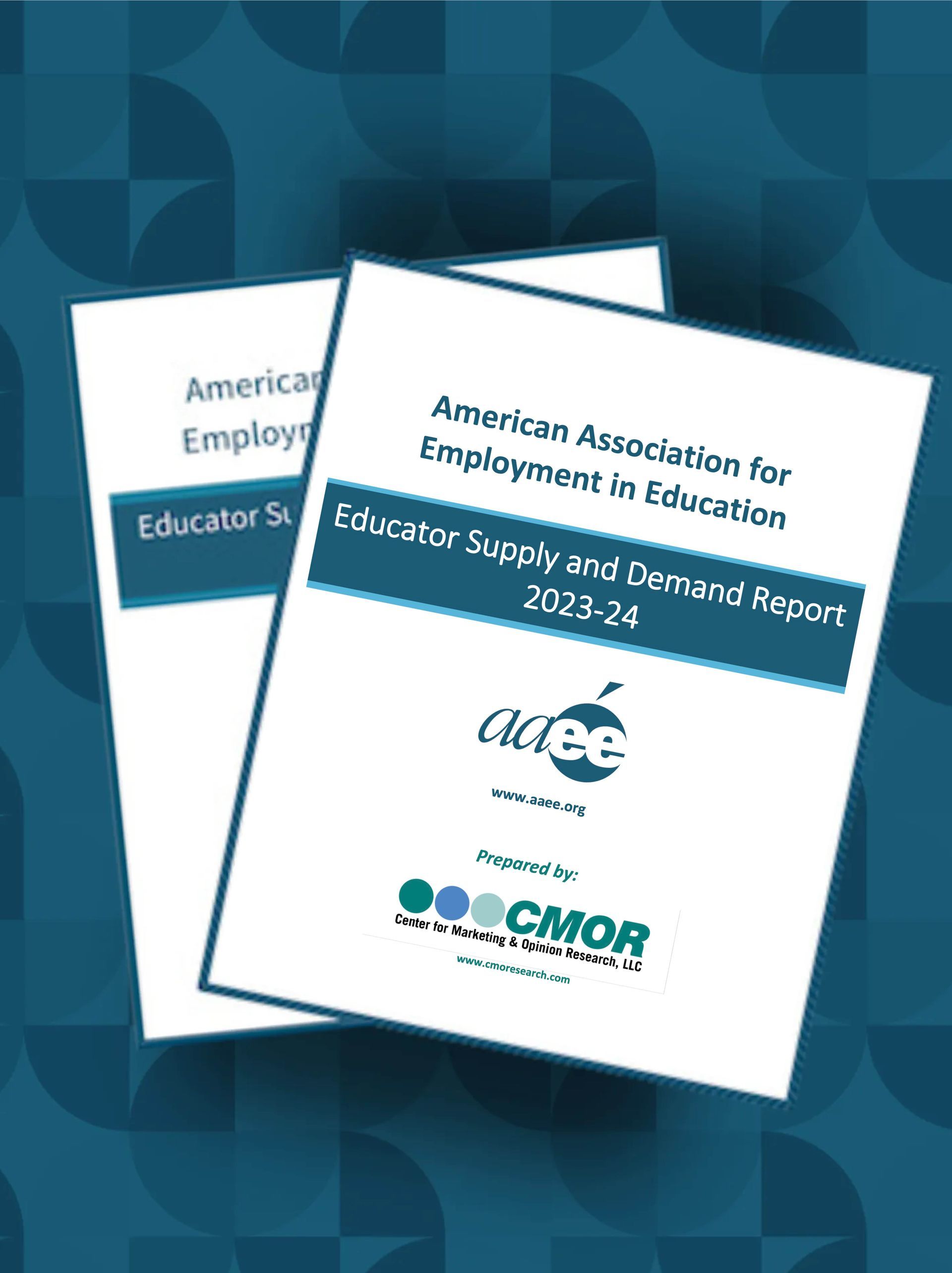EDUCATOR SUPPLY & DEMAND
AAEE 2023-2024 Educator Supply & Demand Report
With data and perceptions gathered from colleges, universities, and school systems over several decades, the report generated will provide you and your institution with valuable regional and national insights and trends in PK-12 educator supply and demand. An electronic version of this report is available for non-members to purchase for $25/copy here. Members can purchase for $15/copy by logging-in to the Member's Area.
AAEE 2022-2023 Supply & Demand Report Available Now
To provide the most current information concerning the dynamic market of educator employment, AAEE conducts this annual survey of universities and school systems to determine perceived Educator Supply and Demand across the nation.
Thank you to all individuals and institutions that took the time to fill out the Educator Supply and Demand survey!
Observations from the Field
- Teachers of Special Education, Physics, Chemistry, and Math continue to be in considerable shortage
- Over three-quarters of responding institutions offer degree programs in English/Language Arts Education, Social Studies Education, Math, Biology, Chemistry, and Kindergarten/Primary Education
- No fields were reported as having a surplus by either colleges/universities or school districts
- The least common subjects for this year's graduates among institutions surveyed include Business Education, Computer Science Education, Journalism Education, most languages, and Earth Physical Science
- The top reason for teaching candidates having difficulty finding positions? Unwilling to relocate
- In our study, teacher candidates going out of state to teach are most often going to North Carolina, Texas, Florida, or Illinois
- Urban and rural districts are more likely than suburban districts to hire teachers without traditional preparation
- The primary reason for districts to hire teachers without traditional preparation is the lack of traditional candidates who apply
- Approximately 11% of teachers hired in the past year would be considered teachers of color, with most employed by urban districts
- Many districts highlighted low salary/benefits, undesired location/demographics, and shortage of teachers as reasons for difficulty in hiring teachers
- When asked the best way to attract teachers of color, the most common answers by districts were benefit and financial incentives, promote diversity and inclusion, provide a supportive atmosphere, and market the teaching career
- Over 60% of districts responding indicated recruiting teachers of color was a "big challenge"
- When asked the best way to attract high school students to study education in college, the most common answers by districts were compensation incentive, high school to college teacher programs, compensation incentive, and involvement from elementary to high school







